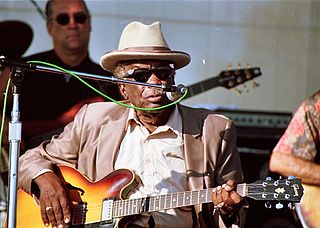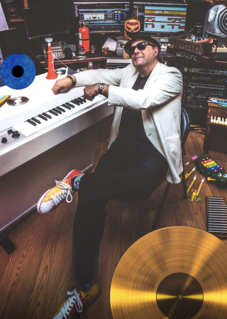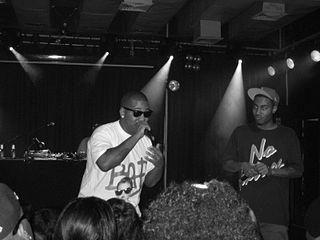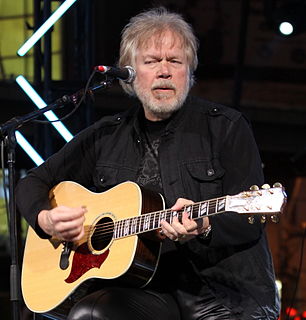A Quote by Dr. Seuss
The problem with writing a book in verse is, to be successful, it has to sound like you knocked it off on a rainy Friday afternoon. It has to sound easy. When you can do it, it helps tremendously because it's a thing that forces kids to read on. You have this unconsummated feeling if you stop.
Related Quotes
Think of the sound you make when you let go after holding your breath for a very, very long time. Think of the gladdest sound you know: the sound of dawn on the first day of spring break, the sound of a bottle of Coke opening, the sound of a crowd cheering in your ears because you're coming down to the last part of a race--and you're ahead. Think of the sound of water over stones in a cold stream, and the sound of wind through green trees on a late May afternoon in Central Park. Think of the sound of a bus coming into the station carrying someone you love. Then put all those together.
I think that when you're writing plays, and I think it's also true with novels, it helps to have an ear for the music of language, for what we call poetry, for the sound effects and the way that the sound can produce sensual feeling at odds with or consonant with the content of the work. Your work is also gorgeous writing. It's very unfortunate when you open a novel that everybody's loving and it's just, you know, an excruciatingly bad sentence.
When we sit in meditation and hear a sound, we think, 'Oh, that sound's bothering me.' If we see it like this, we suffer. But if we investigate a little deeper, we see that the sound is simply sound. If we understand like this, then there's nothing more to it. We leave it be. The sound is just sound, why should you go and grab it? You see that actually it was you who went out and disturbed the sound.
Writing is a weird thing because we can read, we know how to write a sentence. It's not like a trumpet where you have to get some skill before you can even produce a sound. It's misleading because it's hard to make stories. It seems like it should be easy to do but it's not. The more you write, the better you're going to get. Write and write and write. Try not to be hard on yourself.
You relax within the verse. You realize the structure of the verse and relax into it. It's like swimming. Or riding a bike. You can't make it sound real if you are thinking it through as you go. You can't think through Shakespeare, you have to speak it. And listen to the rhythm of it and then it takes you over. And to make it sound real you speak as if you believe it. Don't act it. Just be it.
In fact, quite a lot of what I do has to do with sound texture, and, you can't notate that. You can't notate the sound of "St. Elmo's Fire." There's no way of writing that down. That's because musical notation arose at a time when sound textures were limited. If you said violins and woodwind that defined the sound texture; if I say synthesizer and guitar it means nothing - you're talking about 28,000 variables.
I'm very interested in vertical space.I want the players to listen to their sound in such a way that they hear the complete sound they make before they make another one. So that means that they hear the tail of the sound. Because of the reverberation, there's always more to the sound than just the sound.
The word translated, koan, it means a problem. But it's a very special problem. And to strip it down to the way it works, you are given a problem which has no rational solution. There is a contradiction built into it. One standard - one is this is the sound of two hands clapping. What is the sound of one hand clapping? And so on. All right, so the first thing is that it brings your rational mind to an impasse.
When I hear what we call music, it seems to me that someone is talking. And talking about his feelings, or about his ideas of relationships. But when I hear traffic, the sound of traffic - here on Sixth Avenue, for instance - I don’t have the feeling that anyone is talking. I have the feeling that sound is acting. And I love the activity of sound... I don’t need sound to talk to me.
Corliss wondered what happens to a book that sits unread on a library shelf for thirty years. Can a book rightfully be called a book if it never gets read? If a tree falls in a forest and gets pulped to make paper for a book that never gets read, but there's nobody there to read it, does it make a sound?






































